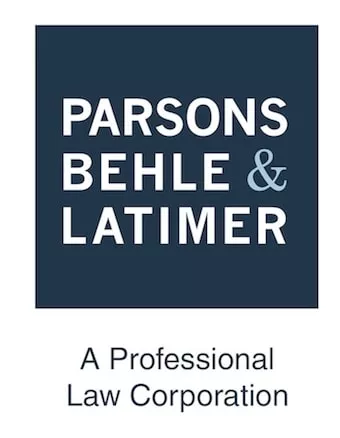Many non-compete agreements with employees contain confidentiality and non-disclosure provisions aimed at protecting an employer's intellectual property (IP) rights. However, a new Federal Trade Commission (FTC) rule set to go into effect on September 4, 2024, 1 renders protecting intellectual property from internal theft more onerous for employers.
Specifically, the rule will retroactively invalidate most non-compete agreements currently in effect in the U.S., thereby calling into question the validity of nested confidentiality and non-disclosure provisions. Indeed, the rule bans any restrictive covenant, regardless of its title, if it has the same effect as a non-compete clause. Thus, while confidentiality and non-disclosure agreements are not prohibited under the rule, per se, such agreements must be carefully crafted going forward to avoid prohibiting employee disclosure of "such a large scope of information that [the restriction] function[s] to prevent workers from seeking or accepting other work or starting a business after they leave their job." 2
Even with carefully crafted agreements, however, the ban is expected to cause an uptick in trade secret litigation, as employees will have greater freedom to shift between competing businesses, potentially taking inside company knowledge with them. As a result, employers should follow best practices for protecting their trade secrets and confidential information, including by limiting disclosure of such information to employees on a need-to-know basis, tracking who is exposed to such information and implementing measures to restrict access to such information.
Given the far-reaching implications of the rule, employers should seek experienced IP counsel to help position themselves to continue protecting their valuable intellectual property rights going forward.
Footnotes
1. While non-compete agreements have long been the subject of lawsuits, the FTC's rule is expected to cause a flurry of litigation over the next several months concerning whether the rule should stand. At least two cases challenging the FTC's authority to institute the ban have been filed to-date. Nonetheless, employers should expect that the rule will go into effect and plan accordingly.
2. Non-Compete Clause Rule, 89 Fed. Reg. 38342, 38365 (May 7, 2024) (to be codified at 16 C.F.R. 910, 912).
The content of this article is intended to provide a general guide to the subject matter. Specialist advice should be sought about your specific circumstances.



